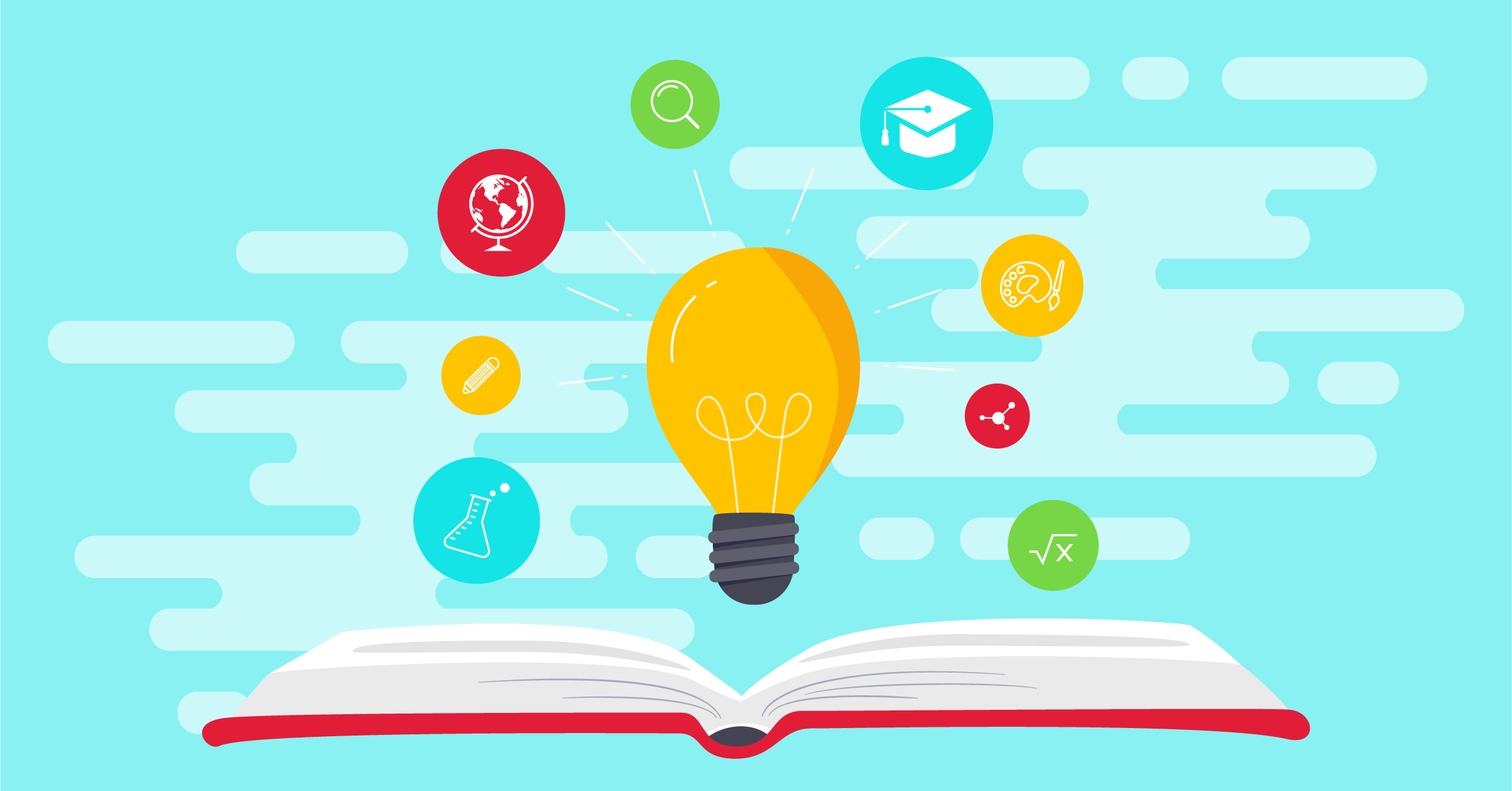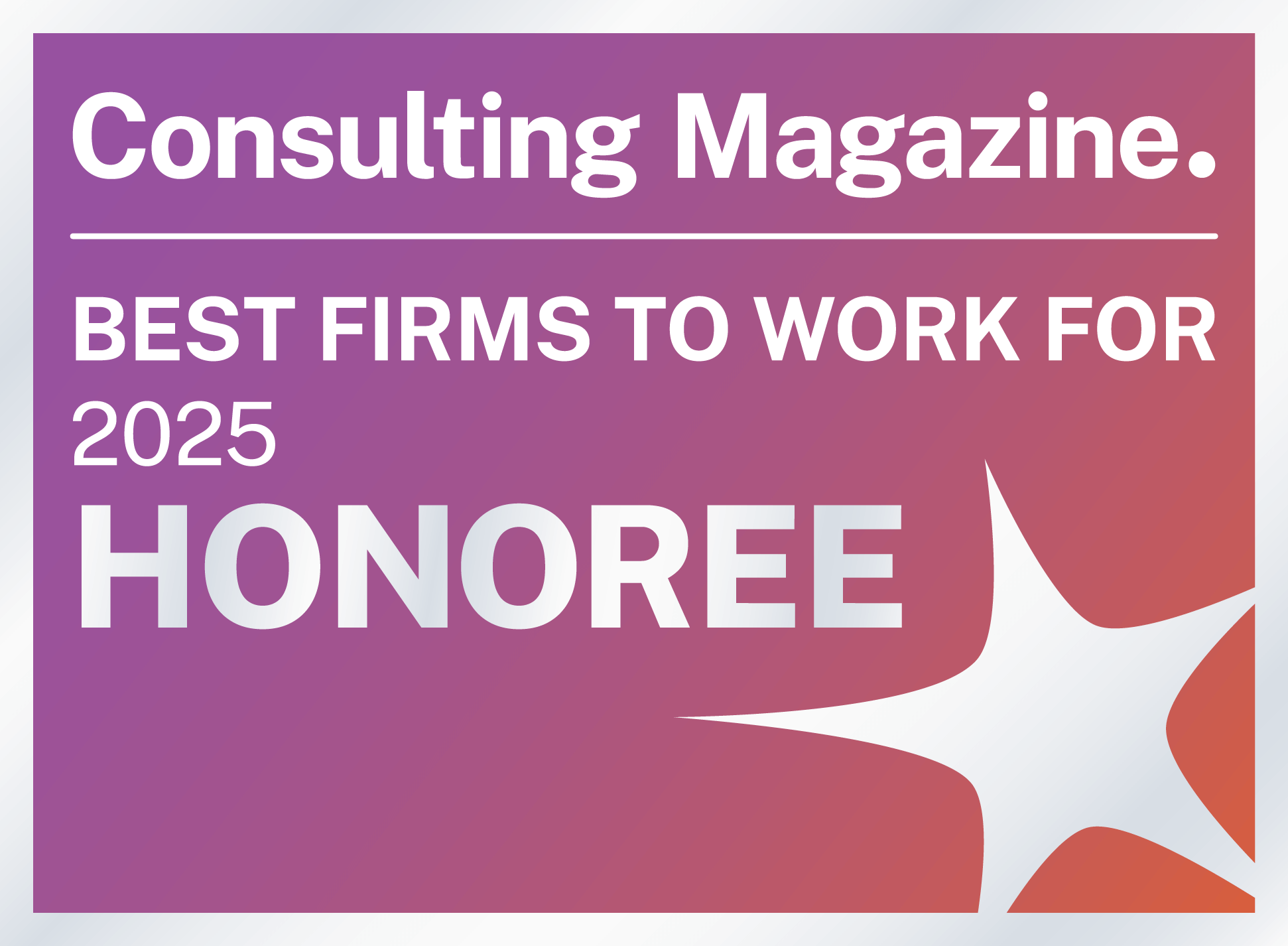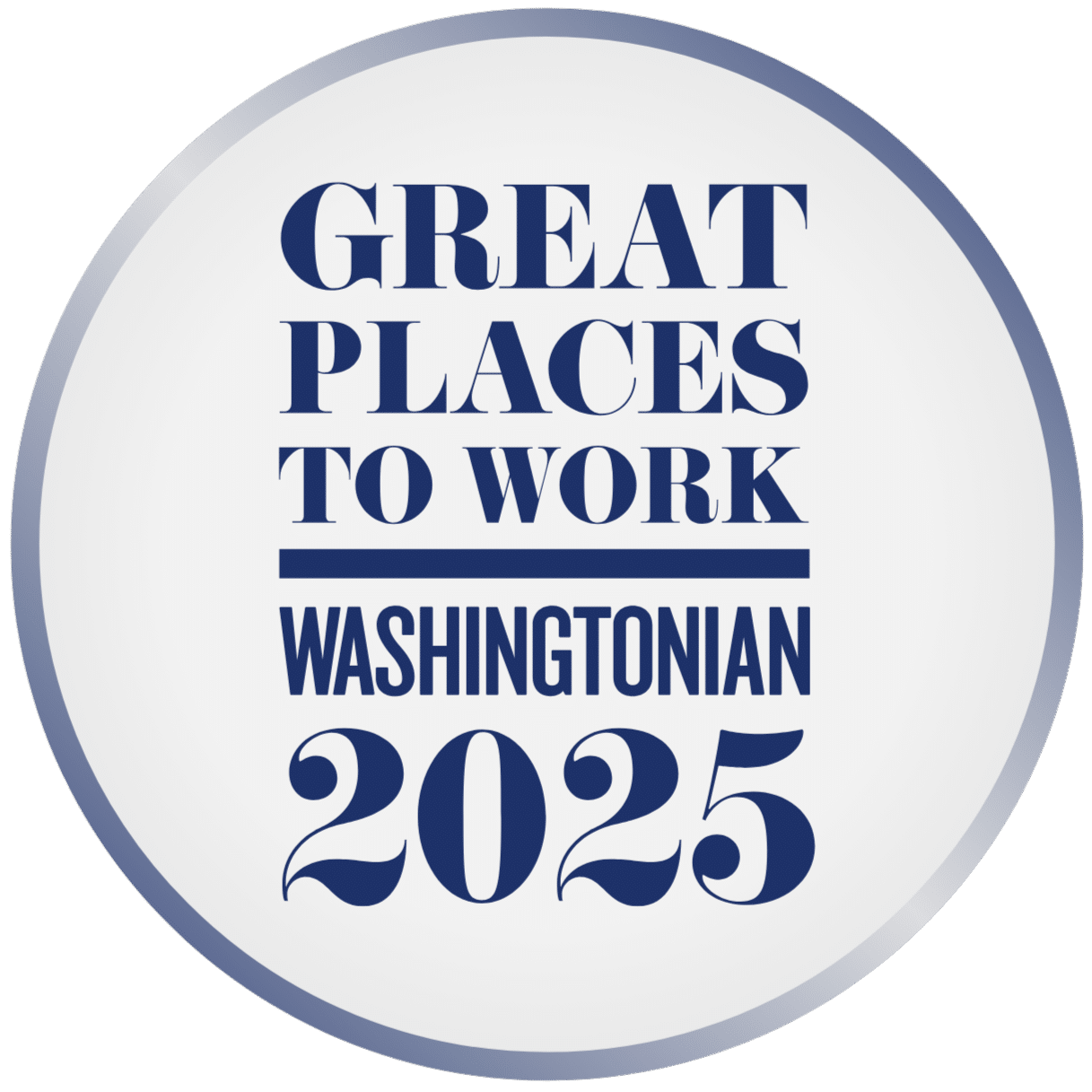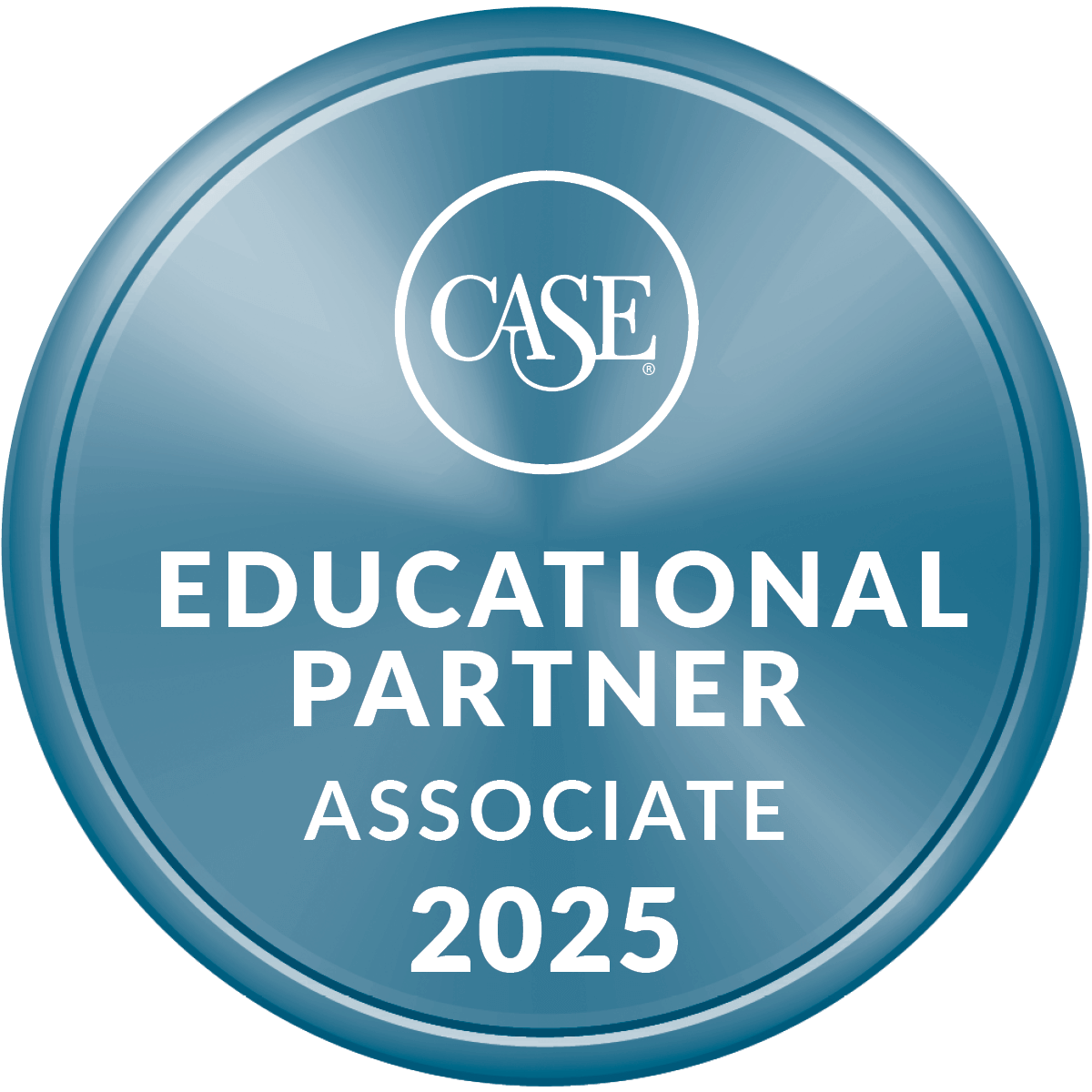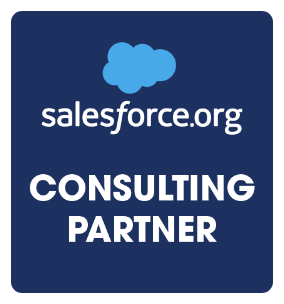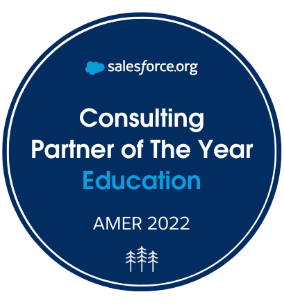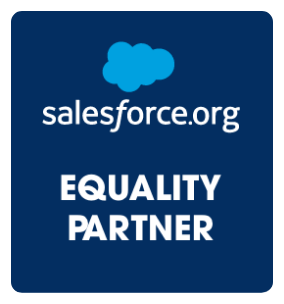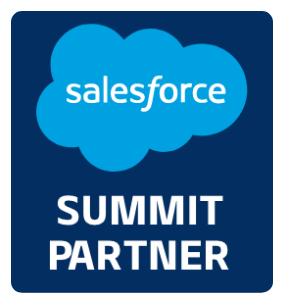
How Institutions Can Strengthen Student Relationships Through People-Driven Strategy
In the Salesforce ecosystem, we often center conversations around the topic of digital transformation, but the latest Salesforce Connected Education report illuminates that our greatest opportunity isn’t simply digital transformation but designing for human connection.
Institutions that will ultimately define the next era of higher education may not be the ones with the most cutting-edge technologies or prestigious brands, but rather the ones who work continuously and intentionally to get proximate with the needs of learners and thoughtfully deploy strategies to deepen relationships and serve as partners for a lifetime of learning.
That’s a throughline across the 2025 report, and here are some key takeaways that highlight how collaboration across the university can strengthen institutions through people-driven innovation.
Learners Want Meaningful, Human-Centered Experiences
It was fantastic to see that student satisfaction has improved steadily since 2021, with nearly half describing their experience as “great.”
Unsurprisingly, the most meaningful gains come from institutions that combine academic quality with a strong sense of belonging and personalized support. Doing this requires exploring new collaboration pathways between academics and administrators, breaking out of siloed thinking about specific aspects of the student experience to create a more comprehensive steel thread that unifies the experience for every learner.
On the recruiting and admissions side of the experience, 77% of students believe applying to university should be as easy as online shopping.
This just scratches the surface of what they’re actually looking for, which is less about transactional efficiency and getting surfaced recommendations, and more about feeling seen, heard, and valued from the very beginning of their experience.
With students increasingly making last-minute decisions about where to attend, institutions need continuous, real-time engagement from the first impression to stay on top of the enrollment pipeline and maintain mindshare of prospects throughout the experience. With increased competition for students in a dynamic marketplace, human connection matters more than ever.
Elevate Relationships with Values-Driven AI
AI is, of course, top of mind for almost everyone.
83% of staff say AI frees them up for high-value work, with the majority wanting to reinvest that time in strategy, creativity, and student interaction.
This is not about replacing jobs; it’s about letting people do the work that really matters.
But while staff are seeing the promise of AI to reduce friction and free up time for more human connection, there’s a recognition that it needs to be implemented thoughtfully so that we actually get it right and create experiences that deliver value while also staying true to institutional values.
Many institutions are still in early stages of this work, but are directionally seeing positive signals, with leading institutions working to blend the value of tactical, point-solution AI tools with more integrated, transformative AI technologies and strategies. This includes really leaning into creating structured, university-sanctioned spaces to experiment, pilot, and learn in service of creating best practices and frameworks for others to follow.
Moving forward, universities that begin to break away from the pack with truly meaningful AI experiences may not be the first movers, but the ones who co-design the future of work with cross-functional teams and take the time to lead with relationships and align AI initiatives with the institution’s mission and values—not to automate the student experience, but to elevate it.
Is Career Readiness the New Alumni Strategy?
The report talks about how 44% of students choose college for career outcomes, but only 18% feel very prepared once they leave college for the workforce.
This can have real implications not only for institutional reputation and rankings, but also for advancement teams, who often rely on engaged alumni and goodwill toward the institution to drive fundraising.
And having an engaged alumni community doesn’t happen by accident. These are relationships built from day one through resonant experiences as a prospect, all the way through to graduation and beyond, which invite a healthy conversation about the relationship between admissions and alumni teams.
With most learners no longer seeing post-secondary education as a one-time, four-year event, institutions have an opportunity not just to support the personal career growth of every learner but to now see that work as inextricably linked to advancement and institutional financial health.
On your campus, how often is Admissions talking to Advancement about the student journey and looking to align on strategy with a recognition that the learning pathway is no longer linear, and what was once a straight-line, one-way journey has now become more circular—if not matrixed—as students build a portfolio of educational experiences? What about Advancement and Continuing Education? These are all stakeholders in crafting a new student experience that appreciates and values a changing, non-linear lifetime learning environment.
That 18% number is a reminder that career readiness is more than just a point-in-time metric; it’s a piece of the foundation for lifelong connection that needs to be continuously cultivated and monitored across institutional programs.
Moving from Insight to Action
The 2025 Connected Education Report offers a reminder that higher education has always been about more than content delivery or credentialing. At their core, institutions are about people and what’s possible when we take the time to get proximate with learners, truly listen to their needs, and co-create experiences together.
Three Ways to Cultivate Connection within Your Institution
- Audit your admissions and student services experiences for both efficiency and empathy. It’s not just about operational excellence—the tone and message matters and needs to be tailored to meet learners where they are in their journey (including non-traditional and first-gen students).
- Map one or two places where AI could relieve pressure and unlock human connection in a way that aligns with institutional values. Remember to keep people at the center. If the process builds trust, outcomes will follow.
- As your building this new experience, think about ways to incorporate continuous career check-ins with learners at some key moments throughout their journey and to then start engaging alumni and continuing ed teams earlier to look at the “pipeline” of future alumni they will be welcoming and supporting, including a view into learner sentiment and career interest data that can help shape and guide future engagement and programming.
Your institution may not be the best-resourced or the most tech-savvy, but with committed leadership, empowered teams, and a willingness to embrace a beginner’s mind, you can build the systems and culture that deliver meaningful impact in a way that is, yes, accelerated by great tech, but this is also unmistakably people-driven.

About the Author

Jason Belland serves as Higher Education Executive in Residence at Attain Partners, committed to serving the industry with a focus on envisioning outcome-driven solutions that care for the student journey over a lifetime of learning. Jason has spent over two decades working at public and private higher education institutions in roles ranging from online learning and instructional design to marketing and Customer Relationship Management (CRM), bringing together innovative ideas with new technologies to support student success.
In addition to his roles in higher education, Jason served an eight-year tenure at Salesforce, ascending to Vice President of Go-To-Market for Education Cloud, leading teams to create solutions that would empower colleges and universities to engage, retain, and support every learner over the course of a lifetime of learning. The products and solutions created under Jason’s tenure at Salesforce have been implemented by thousands of colleges and universities globally and set the foundation for today’s Salesforce Education Cloud. Jason received his bachelor’s degree in English Language and Literature/Letters from University of Massachusetts Dartmouth and holds an Executive Education Certificate in Business Excellence from Columbia Business School.


